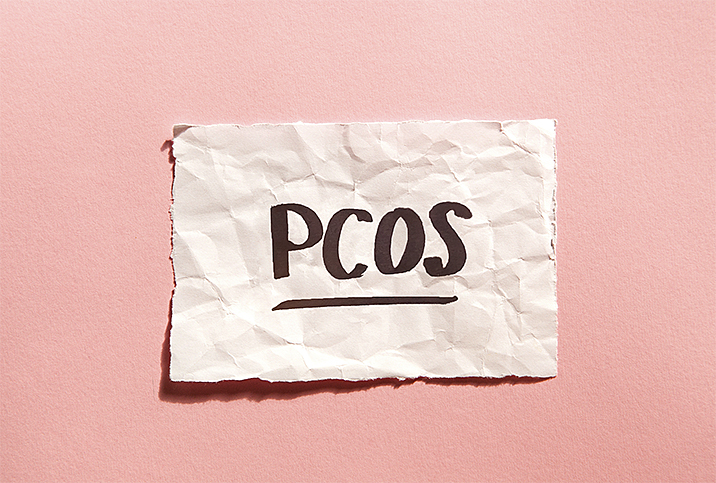Ovarian Health: Myths & Misconceptions

Ovarian cysts, polycystic ovary syndrome (PCOS) and ovarian cancer are common ovarian health issues that affect many women in the United States and around the world.
To prevent misconceptions from standing in the way of early diagnosis and treatment, learn more about the common myths related to ovarian health conditions.
Myth: No family history means no risk of ovarian cancer.
Reality: Family history accounts for 10 to 15 percent of ovarian cancer cases diagnosed in the U.S., but you may still be at risk for ovarian cancer even if none of your relatives has had it. Common risk factors for ovarian cancer include being at least 50 years old, starting menstruation at an early age, and long-term use of high-dose estrogen hormone replacement therapy.
Myth: Ovarian cysts will eventually turn into cancer.
Reality: Ovarian cysts are extremely common but normally benign and eventually go away on their own, reports the U.S. Department of Health and Human Services’ Office on Women’s Health. An estimated 5 to 10 percent of women with ovarian cysts have them removed with surgery, and only 13 to 21 percent of these cases involve cancerous cysts. If you have ovarian cysts, your doctor will work closely with you and treat you as needed to ensure cysts do not develop into cancer.
Myth: Ovarian diseases can be detected with Pap smears.
Reality: Pap smears are routinely performed on women to detect cervical cancer only; they cannot detect abnormalities related to ovarian cancer and other ovarian diseases. Your gynecologist or female-wellness provider can often detect ovarian diseases by performing a complete pelvic exam, blood tests or an ultrasound that looks at your uterus, fallopian tubes and ovaries. If you experience any unusual health symptoms—abnormal vaginal bleeding or pelvic pain are two of the most prominent—notify your doctor right away.
Myth: PCOS causes obesity and weight gain.
Reality: Polycystic ovary syndrome (PCOS) is closely related to obesity. Evidence shows that the prevalence of obesity in women with PCOS is as high as 80 percent in the U.S. However, PCOS does not directly cause obesity. Instead, obesity increases the risk for PCOS, especially when patients exhibit inflammation, hormonal imbalances and poor blood sugar management. Steps you can take to reduce and prevent your risk of PCOS include exercising regularly, maintaining a healthy weight, and limiting your intake of refined carbs, sugars and other foods that spike insulin levels.
Myth: No symptoms mean no ovarian cancer.
Reality: Like many other cancers that affect the female reproductive system, ovarian cancer rarely causes symptoms in its early stages, and that means it’s possible for you to have this disease without knowing it. Additionally, any symptoms that do occur with ovarian cancer are synonymous with many benign conditions, which can make it difficult to detect ovarian cancer without the proper tests and screenings. Abnormal vaginal bleeding, bloating and abdominal pain are common symptoms of ovarian cancer, according to the Centers for Disease Control and Prevention (CDC).
Eating highly nutritious foods, exercising regularly and quitting smoking are some of the many ways to keep your ovaries healthy. Your doctor can give you other tips on how to manage your ovarian health and screen you as needed to detect and treat any diagnosed ovarian conditions.

















